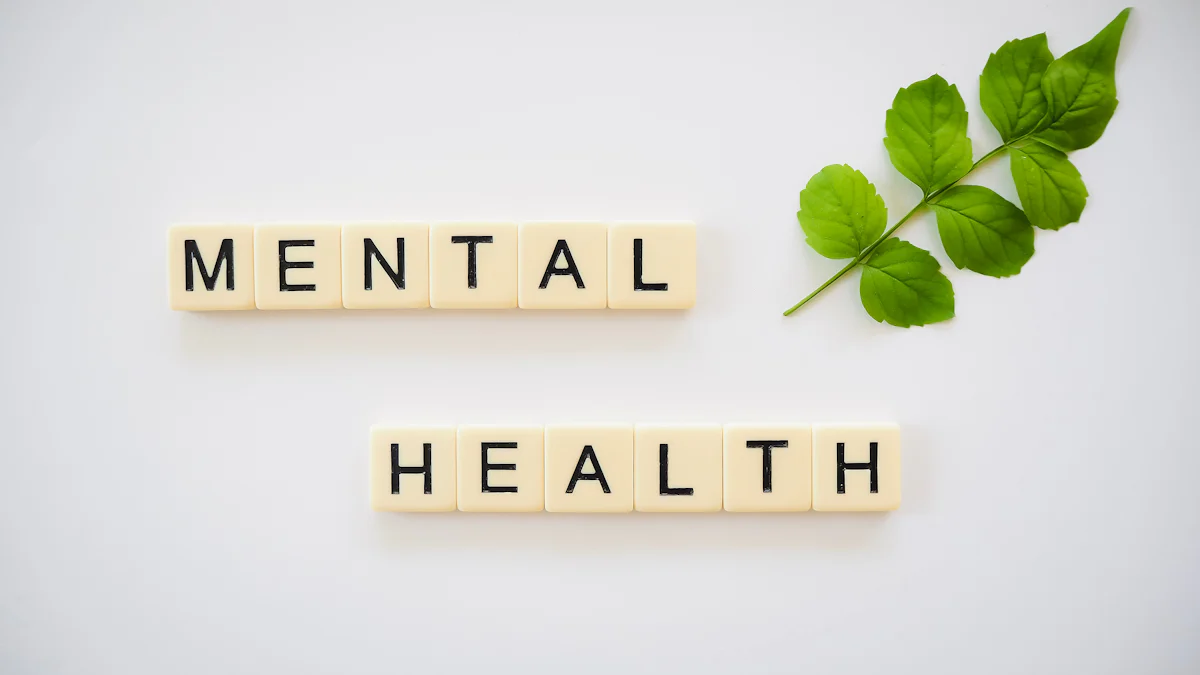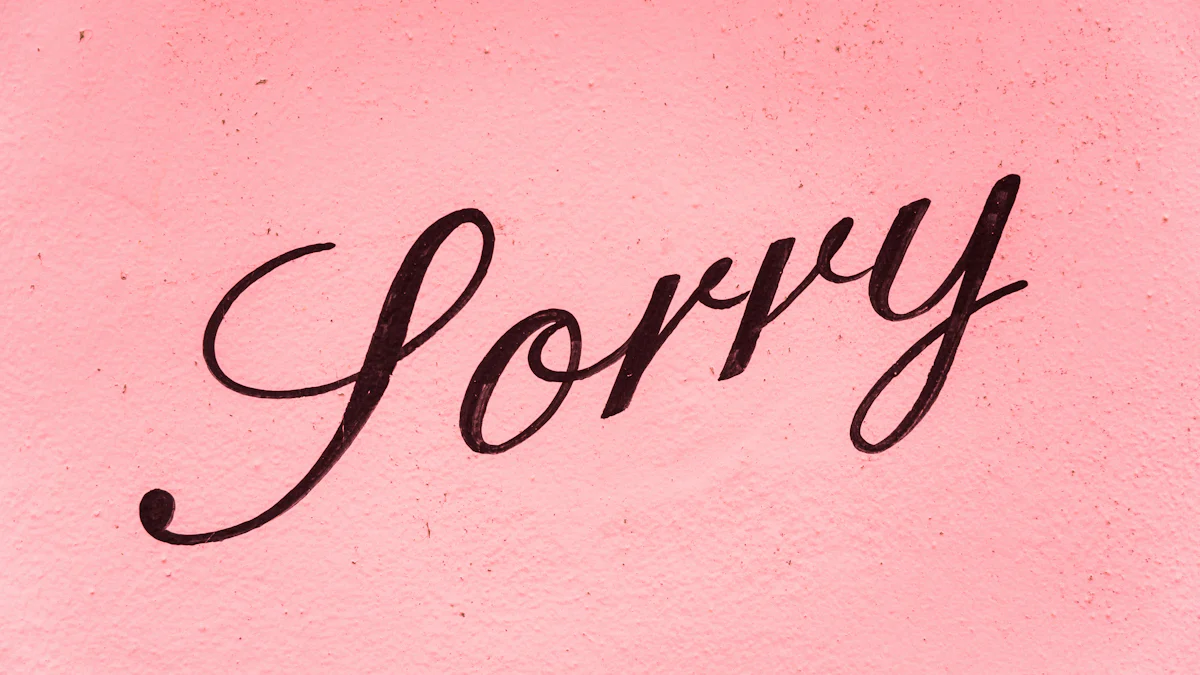In this brief article, I’m going to reveal a little secret about How gratitude makes us happier, healthier and stronger.
Gratitude is not only a key ingredient to happiness, but it’s also an important tool when you want to get things done. It helps you to stay focused and focused on your goals.
Gratitude is an attitude of thankfulness and appreciation. It is an attitude of appreciation for what we already have instead of focusing on what we don’t have. Do you ever wonder why some people seem happier and healthier than others? It’s not always about the stuff they have, although it’s important. In fact, you may even have a lot more stuff than these people, and still be unhappy and unhealthy. Why? Because you’re focusing too much on what you don’t have and not enough on what you have. You can be as rich as Bill Gates and still be a miserable failure. The answer isn’t to get more money—it’s focusing less on what you don’t have and more on what you have. One way to do this is by cultivating the quality you already have. A happy and healthy life begins with gratitude.
Why Does Gratitude Make You Happier?
Many reasons are being grateful can make us happier. For instance, we are grateful when we feel safe, comfortable, healthy, and safe. We should appreciate the fact that we live in a world where we can breathe fresh air, drink clean water, use good-quality food, and have nice things to wear. We should also be grateful for what we have. When we are grateful, we feel good about ourselves and this gives us an opportunity to appreciate ourselves, too. This can make us feel better.
Gratitude makes you happier because it allows you to focus on happy memories rather than negative feelings. This makes it difficult to be unhappy when you are grateful. Gratitude helps to increase happiness levels overall. It’s essential to have a positive attitude. However, you can’t just say that you have a positive attitude. Practice it. Having a positive attitude can help you be happier.
The Science Behind Gratitude
Gratitude is defined as a “feeling of thankfulness and appreciation”. Gratitude has been shown to have many benefits for mental health, including increased happiness, decreased stress, and decreased anxiety. In this article, we will explore the science behind gratitude and how it can benefit our mental health. How gratitude reduces stress, gratitude is defined as a feeling of thankfulness and appreciation. It is a combination of what we have, what we are thankful for, and how grateful we are. There are two underlying components to gratitude: the state (or emotion) and how much you express it.
Is There a Link Between Happiness and Gratitude?
There is definitely a link between happiness and gratitude! Expressing gratitude and giving thanks helps to boost happiness levels, and gratitude also helps us to cope with difficult situations. When we are feeling down, taking a moment to express gratitude can also help to lift our spirits. Gratitude helps us to appreciate what we have, rather than dwelling on what we don’t have, and this is a key component of happiness. The people who are happy are those who appreciate the little things that they have. They are thankful for what they have in life. They realize how important it is to be grateful. Being grateful is a powerful way to stay positive and motivated.
How Does Being Grateful Make You Happier?
Being grateful makes you happier because it is a form of positive psychology. Positive psychology is the study of how to live a happy and fulfilling life. When you are grateful, you are looking at the good things in your life, and this helps you to feel more positive and hopeful.
Being grateful can be a lot of fun. Just think about it. When you express your appreciation for something, you are allowing others to have a positive impact on you. When someone compliments you, it is very nice. But, sometimes people who aren’t being appreciative might try to take credit for something they didn’t do. When that happens, it is difficult to stay happy. Being grateful is better because it allows you to focus on the good stuff. When you are appreciative, you focus on good thoughts and good feelings instead of bad ones.
- Gratitude Makes You More Resilient
- Gratitude Increases Your Sense of Well-Being
- Gratitude Improves Your Sleep Quality
- Gratitude Enhances Your Relationship Satisfaction
- Gratitude Bolsters Emotional Intelligence
- Gratitude Boosts Your Overall Mental Health
How to Practice Gratitude
Practicing gratitude has been shown to have numerous benefits. People who are more grateful are more appreciative and thankful, and as a result, experience higher levels of happiness. One way to practice gratitude is to keep a gratitude journal. Each day, take a few moments to write things you are grateful for. It may surprise you at how quickly your list of things to be thankful for grows. Another way to practice gratitude is to write a letter to someone who has made a positive impact in your life, expressing your appreciation for what they have done. As you take time to focus on the moral aspects of your life, you likely find that your overall happiness level increases.
- Make a list of things you are grateful for. This could be anything from your health to your family to your dog. Writing what you are grateful for helps you focus on the positive aspects of your life.
- Say thank you more often. Thanking the people in your life, whether it’s your spouse, parents, or friends, cultivates an attitude of gratitude and makes them feel appreciated.
- Keep a gratitude journal. Write down what you are grateful for every day, even if it is just a few words. This will help you focus on the good things in your life and also give you something to look back on.
- Meditate and practice gratitude meditation daily. You can do this by sitting quietly in a peaceful place and focusing your thoughts on what you are grateful for.
- Volunteer and give. Volunteering is one of the best ways to express gratitude.
The Psychology of Gratitude and Happiness
The psychology of gratitude and happiness is the study of how these two concepts interact with each other. Gratitude has been shown to make you happier, and giving thanks has been strongly correlated with increased levels of positive emotion. This means that by enjoying the pleasant experiences in your life and showing gratitude for them, you can become more hopeful and optimistic. This can lead to even more wonderful experiences, creating a virtuous cycle of happiness.
Research shows that being grateful for what we have impacts our happiness and well-being. People who are thankful are happier than those who aren’t. Gratitude also improves your life by helping you avoid negative thinking patterns, such as ruminating over problems, obsessing about the past, or worrying about the future. In addition, there is research suggesting that the practice of gratitude can help boost productivity and increase income. Gratitude can also strengthen social bonds.
We all have problems and difficulties in life. These are the obstacles we will have to overcome. It is easy to feel overwhelmed and depressed when faced with these problems. We should realize that all things change. We accept that we have problems in life and overcome them one day at a time. Positive things in our lives are what we can focus on. When we think about our troubles and difficulties, we only focus on the negative aspects of our lives. When we think about the good things that we have, we felt better.
Cultivating Gratitude
Cultivating gratitude has been shown to lead to greater happiness and wellbeing. Gratitude and happiness are closely linked, and by cultivating gratitude we can increase our happiness and sense of wellbeing. Appreciating the good things in our lives can help us feel more positive and optimistic, leading to greater happiness.
Gratitude is a feeling of appreciation for things that happen in your life, both big and small. It’s an attitude that makes you appreciate the good things in your life and makes you feel thankful. When we are grateful, we are not only happier but also more contented. By being grateful, we can also have more energy and enthusiasm. Gratitude helps us to be content with what we already have, and it helps us to be optimistic about the future. Appreciate the things in your life, including the good things you already have.
You Can Practice Gratitude Just Like Any Other Skill
Gratitude is a skill that can be practiced like any other. By making a gratitude practice part of your daily routine, you can train your brain to focus on the positive aspects of your life. This will help you feel more positive and grateful overall. There are many ways to practice gratitude, so find one that works for you and stick with it. Over time, you’ll see a difference in your attitude and outlook on life.
If you want to have a better perspective on life, you must practice gratitude every day. In fact, you can develop gratitude for your food, your family, and friends, and your job as well. The thing to remember is to keep your thoughts positive. You should try to think about the things that you are grateful for instead of being jealous of the things that others have. Be thankful for your good health, your family, your friends, your job, and for everything else. If you focus on these things, you will soon be happy and feel more positive about life.
- Gratitude is a skill that can be learned
- You don’t have to be born with gratitude
- Gratitude can improve your life
- You don’t have to be happy all the time to practice gratitude
- You can start practicing gratitude today
- You don’t have to do it alone!
Research on Gratitude and Happiness
Research on gratitude and happiness has found that practicing gratitude can make you happier. In one study, they divided participants into three groups. One group wrote about things in their lives that they were thankful for, another group wrote about hassles in their lives, and the third group wrote about neutral events. The participants who wrote about things they were grateful for felt better about their lives than did the other two groups.
Other research has found that gratitude is linked to happiness. People who are more grateful tend to be more satisfied with their lives and report higher levels of well-being. Gratitude may even help us live longer!
Gratitude Improves Your Physical Health
Gratitude has been shown to improve physical health in numerous ways. For instance, it has shown grateful people to have lower blood pressure and better heart health. Gratitude can help boost the immune system and reduce stress levels. These benefits can lead to improved physical health overall.
Gratitude helps you to improve your mood and attitude. It is a very healthy way to live. In fact, people who were genuinely grateful reported having better health and higher satisfaction with their lives. Cheerful people were more likely to be grateful. Those who were unhappy were more likely to be bitter and angry. So gratitude helps you to feel better about yourself and the world around you. You’ll be able to cope with whatever life offers when you feel grateful.
Gratitude is a practice that anyone can benefit from. If you’re looking to improve your physical health, start by incorporating gratitude into your life. Be thankful for the good things in your life and watch as your physical health improves.
Tips for Cultivating Happiness and Health with Gratitude
Cultivating happiness and health with gratitude can be a great way to improve your wellbeing. A gratitude practice can help you focus on the positive things in your life and be thankful for what you have. By practicing gratitude, you can train your brain to focus on the good, and make it easier to find happiness and feel healthier. Here are some tips for cultivating happiness and health with gratitude:
1. Keep a gratitude journal: Write three things that you are grateful for each day. This can help you focus on the positive things in your life and make it easier to find things to be thankful for.
2. Share your gratitude: Tell someone else about something that you are grateful for. This can help you spread the feeling of gratitude and make it more likely that you will both feel happier and healthier.
3. Practice mindfulness: Be aware of the present moment, and focus on being grateful for what you have at this moment. This can help you appreciate the good things in your life and find happiness in the here and now.
4. Give thanks: Expressing gratitude has been shown to improve physical health, mental health, and relationships. So take a moment each day to say thanks.
Keep a gratitude journal
A gratitude journal is a wonderful way to keep track of the things in your life that you are thankful for. Each day, take a few moments to write a few things that you are grateful for. It can be anything from the sun shining to your favorite coffee mug. Seeing your blessings each day will help you keep a positive attitude and appreciate the good things in your life. When you are going through bad times, you can use your gratitude journal to remind yourself of your blessings. Write a few things you are grateful for, and remember to be thankful every day.
There are a few things that you should note when you are writing in your gratitude journal. First, be specific. Clarify it for whom you are thankful. You should focus on the person who gave you something rather than a generic “Thank You”. It will make your gratitude more sincere. Second, be positive. Focus on the things that you appreciate and be thankful for them. If you focus on the bad things in your life, you won’t see any improvement in your situation. Lastly, write every day. This will help you stay consistent and maintain a positive attitude.
Gratitude Boosts Our Career
Gratitude boosts our career by making us feel more positive and optimistic. This helps us to be more productive, creative and successful. Gratitude helps us to build strong and supportive relationships with others, which is essential for career success. Therefore, we should make a point of expressing gratitude regularly, both at work and in our personal lives.
Being thankful for what you have is very important for your career. It makes you feel better about yourself and about your work. It is also an expression of thanksgiving. Likewise, it’s influential to express thanks in words. Sporadically, you may have a special moment when you are grateful. You may have a great day at work. Then you should be thankful. Say “thank you” to the people who have helped you with your work. Expressing gratitude for what you have is a great way to improve your personal life. Gratitude is an attitude that can make you feel happy.
Gratitude Makes Our Memories Happier
When we experience gratitude, it makes our memories happier. This is because gratitude creates positive emotions that help us remember the good times more vividly. Additionally, gratitude helps us to appreciate the present moment more, which also makes us happier overall. Gratitude is an essential ingredient in happiness. Grateful people remember good times more vividly and appreciate the present moment more.
Gratitude Helps Us Relax
Gratitude helps us relax. It is a positive emotion that may help us feel better about ourselves and our lives. When we practice gratitude, we may find that we are more likely to be happy and content. Gratitude may also help us cope with stress and adversity.
Gratitude helps us relax by promoting a positive emotion. When we experience gratitude, we may feel more relaxed and at ease. The practice of gratitude can help us cultivate this feeling more often.
Gratitude Makes You Friendlier
Gratitude makes you friendlier. A study has shown that gratitude makes people more likely to help others and also makes us happier. Gratitude helps us see the good in our lives and makes us more pleasant to be around.
This is an amazing truth about gratitude. If you are grateful for everything that happens in your life, you will be more friendly and have a better attitude. Gratitude helps us to be more positive. If you don’t feel grateful, you will be much more negative and uncooperative.
Gratitude Helps Your Marriage
Gratitude helps your marriage by making you more appreciative of your partner. When you are grateful for what your partner does, it helps your marriage by making both of you feel more positive and connected.
If you want to be happy and have a healthy marriage, think about being grateful to your partner. You should appreciate and love them more. You can do this by doing things together. It’s possible to help each other with household chores. If your partner is doing something good, you can be thankful for that. You should thank them for doing good things.
Gratitude Makes You a More Effective Manager
Managers who express gratitude make for a more effective team. Gratitude makes you a more effective manager by making you more attuned to the needs of your team. When you are grateful for what your team does, you are more likely to see the good in what they do and be able to give them the credit they deserve. This makes them feel appreciated and motivated to do their best work.
One way to keep employees focused and productive is to show gratitude to them for the hard work they’re doing and for the contributions they make to the organization. That gratitude can come in many forms, and it doesn’t have to be monetary. Giving praise or recognition to someone who has done a good job or given you helpful advice, or letting an employee know you respect his or her opinion, is an example of giving praise that could help build loyalty and improve performance.
Ways to Practice Gratitude
There are many ways to practice gratitude, and doing so can have a positive impact on your life. One way to practice gratitude is to write a letter of gratitude to someone who has had a positive impact on your life. In the letter, you can express what aspects of your life they have helped improve, and how their act of kindness has impacted you. Another way to cultivate gratitude is to keep a gratitude journal, in which you write things you are grateful for each day. This can be anything from simple things like a sunny day, two more significant things like a new job or the birth of a child. Emmons, a leading researcher in positive psychology, has found that gratitude is one of the most powerful emotions we can feel, and that practicing gratitude can improve our wellbeing.
- Make a gratitude list
- Say thank you more often
- Spend time with grateful people
- Notice the good in your life
- Practice mindfulness of gratitude
- Give back to others out of gratitude
Happiness Is Related to Life Satisfaction
Happiness is often related to life satisfaction. This means that how happy a person is often corresponds to how satisfied they are with their life. Happy people felt that their life is going well, and that they were achieving their goals. On the other hand, people who are unhappy felt that their life is not going well and that they are not achieving their goals.
Gratitude Meditation
Gratitude meditation is a practice in which you focus on thoughts and feelings of thankfulness. This can be done by thinking about things you’re grateful for in your life, or by picturing yourself when you’re surrounded by abundance. Gratitude meditation is a way to bring more positive energy into your life and to cultivate an attitude of thankfulness.
Gratitude Makes You into a Nicer Person
Gratitude makes you into a nicer person by making you more appreciative of what you have. When you are grateful for what you have, you are more likely to cultivate a positive attitude and be a happier person overall. Gratitude makes you into a nicer person by making you more appreciative of what you have. When you are grateful for what you have, you are more likely to cultivate a positive attitude and be a happier person overall.
Gratitude is something that we all need to practice—it makes us nicer people. We need to become better at expressing it and learning to recognize others’ joy, so we can share it and feel grateful for what we have. Studies show that gratitude makes us kinder.
In conclusion, gratitude makes us happier and healthier. It is a powerful emotion that can elevate our relationships, increase our resilience, and make us more optimistic. By taking the time to be grateful for the good things in our lives, we can create a positive spiral of happiness and well-being.
Gratitude is a practice that is often overlooked in our lives. We are so busy looking ahead or wrapped up in our problems that we forget to take the time to appreciate what we have. However, gratitude has been an important part of a happy and fulfilling life. Gratitude helps us focus on the good things in our lives, keeps us positive, and makes us more likely to help others. It can also improve our physical health by reducing stress and promoting better sleep. So why not try incorporating gratitude into your life? It’s easy to get started–all you need is a pen and paper (or your phone) to make a list of things you are grateful for each day. Expressing gratitude is a simple way to boost your mood and improve your health, so why not start today?
Gratitude is a skill that can be learned.











